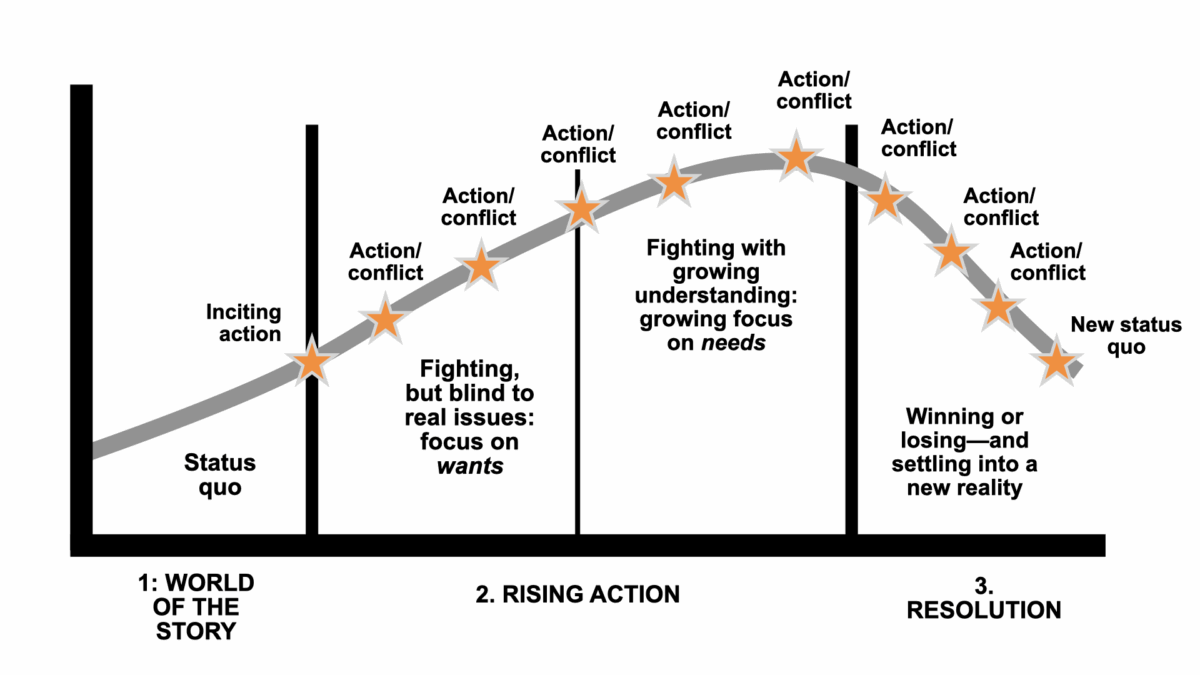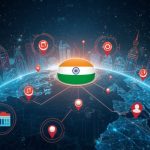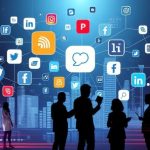Introduction
The global information landscape is undergoing a dramatic shift as technology companies expand their influence, political alliances reshape world dynamics, and celebrity voices increasingly drive social conversations. These three forces are merging into a new ecosystem where digital innovation, geopolitical tensions, and pop-culture authority collectively steer public discourse.
This interconnected reality is redefining how nations compete, how industries adapt, and how societies perceive truth. With emerging technologies accelerating change and public figures amplifying global narratives, the world is moving toward a hybrid model of leadership shaped by digital platforms and cultural influence.
Technology and the Rise of Global Influence
The rapid evolution of technology has empowered nations and corporations to project influence across borders with unprecedented speed. Artificial intelligence, cloud infrastructure, satellite networks, and cybersecurity systems now serve as strategic tools that extend political and economic dominance far beyond traditional means.
This digital expansion has intensified global competition as countries race to secure technological superiority. Governments increasingly tie national security strategies to the development of AI models, quantum computing systems, and data governance frameworks. In this race, innovation becomes a form of soft power that shapes alliances and creates new geopolitical hierarchies rooted in technological capability.
Celebrities as Digital Activists in the New Era
Celebrities have stepped beyond entertainment, using their digital presence to influence political debates, environmental movements, and humanitarian campaigns. Their impact extends across millions of followers, making them powerful catalysts for global awareness and activism.
This shift has redefined public engagement. Issues once confined to diplomatic circles now trend on social platforms because of celebrity advocacy. Yet the rise of celebrity activism also presents challenges, as public attention often gravitates toward personalities rather than policy depth. This dynamic creates a complex environment where influence can drive meaningful change or distort serious discussions through oversimplified narratives.
Political Reactions to the Digital Economy
The digital economy’s growth has forced political systems to adapt rapidly. Governments are reshaping regulations around data protection, online speech, cybersecurity, and digital markets to maintain sovereignty in an interconnected world. These shifts have intensified debate over how much control political institutions should exert over powerful tech corporations.
At the same time, political campaigns are increasingly dependent on digital strategies that use targeted messaging, sentiment analysis, and algorithmic insights to influence voter behavior. This dependency raises questions about democratic integrity and the boundaries between political communication and digital manipulation, prompting global discussions on electoral transparency and digital ethics.
The Global Impact of AI and Social Media
Artificial intelligence and social media platforms have transformed how information spreads across the globe. AI-driven recommendation systems shape public opinion by controlling what content audiences encounter, while social networks transform local issues into global debates within hours.
This dynamic environment amplifies both truth and misinformation, forcing governments, institutions, and media organizations to adapt. AI is also creating new economic opportunities through automation and innovation, but it simultaneously threatens traditional industries and labor markets. The duality of AI—its potential for progress and disruption—continues to influence global decision-making at all levels.
Innovation Meets Diplomacy: The New World Order
Modern diplomacy is increasingly shaped by technological cooperation, digital infrastructure deals, and cyber-security partnerships. Nations understand that influence depends not only on military or economic strength but on digital capacity and innovation leadership.
As global tensions shift, diplomatic conversations now revolve around data sovereignty, tech export controls, and AI safety agreements. Countries are forming alliances based on digital compatibility, leading to emerging blocs defined by shared technology standards rather than geographic proximity. This digital diplomacy marks a turning point where innovation serves as both a bridge and a battleground among world powers.
Entertainment, Ethics, and Influence in the Tech Age
The fusion of entertainment and technology has created an environment where culture, commerce, and politics collide. Streaming platforms, digital campaigns, and social influencers shape global conversations, blurring the lines between entertainment and public affairs.
This fusion raises ethical concerns about content authenticity, narrative influence, and the commercialization of political messaging. As audiences consume more information through entertainment channels, the responsibility of creators and platforms grows. The challenge lies in balancing cultural expression with accountability in an era driven by digital attention.
FAQs
How are technology and geopolitics connected today?
Technology now determines economic strength, national defense strategies, and global influence, making it a key driver of geopolitical competition.
Why are celebrities becoming more politically influential?
Their large digital followings allow them to shape opinions and mobilize global audiences, giving them unprecedented influence in public debates.
How is AI affecting global communication?
AI accelerates information flow, personalizes content, and shapes how people access news, which impacts public understanding and global narratives.
What challenges does the digital economy create for governments?
It forces rapid policy adaptation in areas like privacy, cybersecurity, taxation, and online speech, often outpacing traditional legislative frameworks.
Are digital platforms reshaping democracy?
Yes, they influence political messaging, voter behavior, and public perception, creating both opportunities for engagement and risks of manipulation.
Conclusion
The convergence of technology, celebrity influence, and political transformation is reshaping global narratives in profound ways. These forces are rewriting how information circulates, how decisions are made, and how societies interact with power structures. Their influence continues to expand as digital ecosystems mature and public voices grow louder.
As the world adapts to this new reality, the need for responsible leadership, balanced communication, and ethical innovation becomes increasingly significant. The choices made today will determine whether this evolving landscape strengthens global stability or deepens divisions in an interconnected world.






